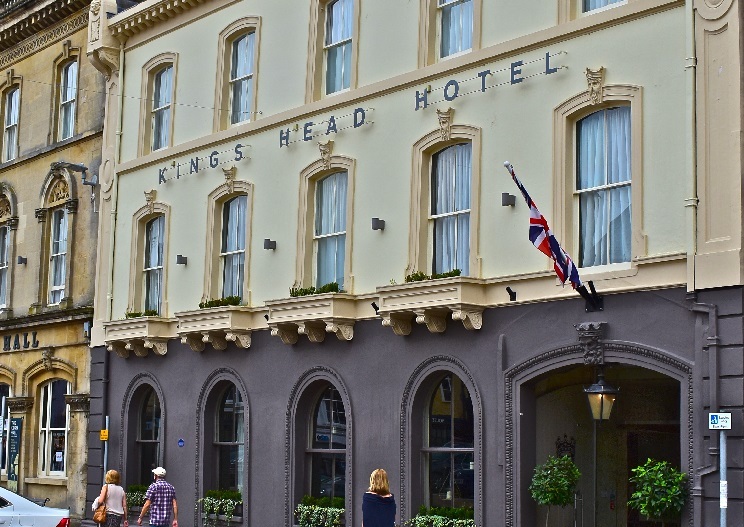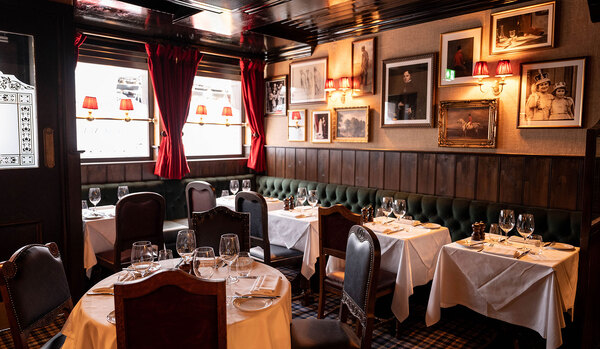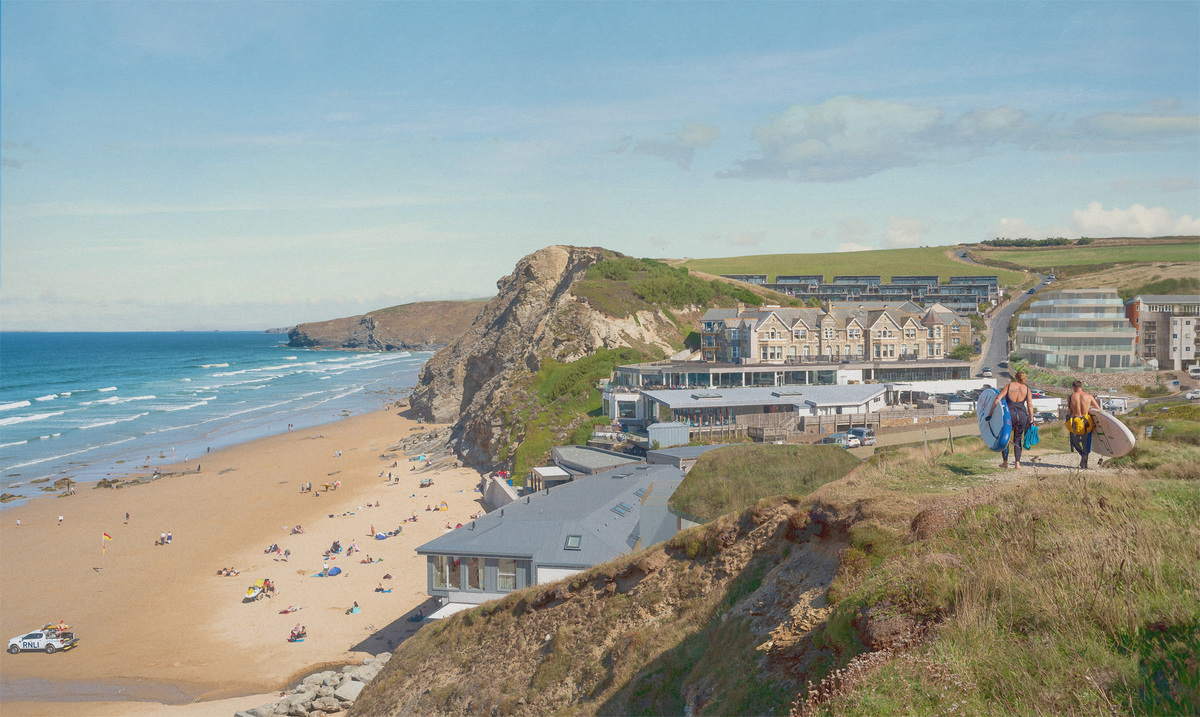Doing more with less – the essentiality of automated revenue management
Hotels are heading into budget season at a difficult time for the industry. The pandemic-driven downturn has slashed revenues and imposed significant financial pain, forcing many hotels to focus on cost control. As a result, individual properties and groups are running lean, with smaller operational and management teams.
Consolidation is going to be a focus for the hotel sector in the near term, involving both distressed property sales and traditional hotel operational roles themselves. With a focus on “doing more with less,” many hotels are combining traditional standalone management roles like marketing, sales and revenue management into combined commercial management roles; and even for those hotel groups that opt to keep singular revenue management specialists, more is expected of them.
No longer are hotel revenue managers responsible for a single property, or a handful of properties within a hotel group, but many are now responsible for a cluster of properties and expected to make strategic revenue decisions for up to a dozen—or more—hotels every day. But what does this renewed focus on consolidation and efficiency mean for the commercial operations, as well as the function of a revenue manager, of a hotel today?
More responsibility, more challenges
Revenue managers are under enormous pressure to ensure the rates put out by their hotels reflect real-time market trends. With many hotel groups consolidating traditional management functions, revenue managers are increasingly responsible for multiple properties, across multiple time zones. To practice revenue management effectively across so many properties, it is critical hotels can access their group’s (or single property’s) systems at any time of the day and in any environment. Adding to these pressures is the current uncertain state of the hotel industry and a rival property’s ability to respond to the fluctuating market demand and change rates at will.
Even before the impact of Covid-19, the revenue and distribution environment had become incredibly complex. Distribution channels had grown rapidly, as had the number of data points to analyse in order to make the correct distribution and pricing decisions. Collating this information into a single vision of the truth is a time-consuming and laborious process and leaves sparse time to think strategically and make effective decisions that drive revenue and profitability in the long term.
Hotels need to recognise their revenue managers are a valuable and expensive resource whose time is better spent interrogating data and responding to insights rather than sourcing and sorting data into countless spreadsheets and reports. A machine-learning revenue solution that can implement tactical decisions and automatically distribute rates and inventory controls to the entire distribution environment will free up the time of a revenue manager. This allows them to focus on critical short-term hotel pricing issues that may arise and better execute a hotel’s long-term revenue strategy.
The need for automation
In the past, manual-based revenue management approaches have looked at a hotel’s booking history and current activity levels to forecast demand. During periods of high demand, revenue managers would increase rates. When demand is low, they would discount them, thereby generating best-case revenue under both scenarios. However, through the Covid-19 period and beyond, forecasting, inventory controls and pricing decisions will rarely be this simple.
The reality is that, today, amid massive market uncertainty and a heavy reliance on online travel agents and flash sales, it’s almost impossible to look at a hotel’s booking history and identify trends because the booking patterns are fluctuating constantly, driven by rapid changes in consumer behaviours. It is therefore incredibly challenging for revenue managers to recognise small changes, which indicate shifts in demand, and then to react in time to leverage the opportunity and drive profit.
In a high-speed environment, manually collecting, evaluating and calculating data via spreadsheets is not only a tedious process, but it’s also slow and highly susceptible to mistakes and missed opportunities. This is where an advanced revenue management system (RMS) makes a huge difference to both the top and bottom line.
Through a series of specialised algorithms and calculations, an RMS automatically assesses hotel performance and market demand and deploys pricing decisions across the distribution ecosystem accordingly. Combined with highly visual user dashboards, an RMS enables team members across the organisation to quickly understand future and current market demand using data at both the market and hotel level—all of which are vital to delivering and growing hotel profitability.
Demand is a function of price. An advanced RMS not only generates prices that adapt to market changes, but it also considers the competitive landscape and a guest’s willingness to pay. An RMS scientifically monitors competitor hotels’ pricing for an equivalent room type and its impact on your hotel’s pricing to gauge how aggressively (or otherwise) to react when a competitor changes pricing. In a crisis like the Covid-19 pandemic, hoteliers tend to overact with drastic price drops to compete on the remaining demand that does exist. An RMS is designed to price optimally, even in times of low demand, ensuring the price selected is relative to the level of demand and the price sensitivity, to avoid a “race to the bottom.”
Department collaboration, technology alignment
The push toward consolidation of hotel management roles and a renewed focus on collaboration through the Covid-19 period can have positive impacts (beyond cost control) for a hotel. After all, a hotel whose revenue-generating departments work effectively together will deliver better financial performance. For instance, hotels whose marketing and revenue management departments work in unison have reported revenue increases of more than 6%, increased market share, and increased demand for shoulder and low-demand periods.
Hoteliers that review their commercial operations at this time and take a holistic approach to demand and revenue generation can utilise data from across their entire property to make informed business decisions that result in the best overall financial outcome for the hotel. Using data from a range of hotel departments, hoteliers can shift prices in a variety of hotel areas to optimise revenue streams. For example, lowering room prices on a given weekend may boost spa and restaurant reservations. While each stream is adjusted individually, they all affect the overall revenue and profit performance. And, through using integrated technologies across revenue-generating departments, hoteliers can ensure product, price, and availability are matched to demand and client expectations, maximising guest experiences and profits.
From revenue manager to commercial strategist
Over the next five years, beyond Covid-19, 5G and artificial intelligence will become omnipresent and reshape the tourism industry. So, what can revenue management specialists do to prepare for this changing landscape, and how can they elevate their skills?
Leveraging revenue data science and technology, revenue management specialists need to switch their focus from tactical outputs to setting forward-looking pricing and commercial strategies. Taking the tedious data crunching and preparation work away, revenue managers can develop advanced profit strategies and lead department collaboration to develop holistic, client-centric commercial plans.
Revenue managers must become experts in working with technologies that enable, expedite and expand their function within a hotel. This means developing an in-depth understanding of automated revenue solutions and all hotel commercial areas including sales, digital marketing and even loyalty programs. To add value in a rapidly evolving operating environment, revenue managers must step out of their comfort zones, offer strategic business insights and drive whole-of-property commercial opportunities.
For more information on how automated technologies can help your hotel’s revenue recovery, please visit: www.ideas.com



















